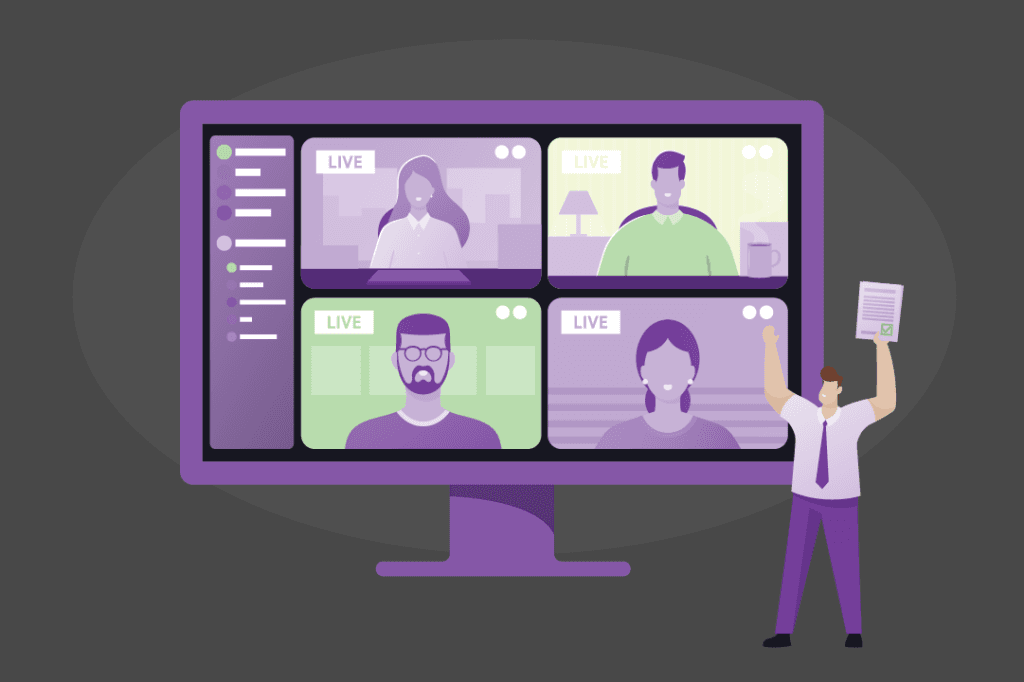Find Your Skills Gap: Quiz

‘Skills gap’ has been a buzz word across all industries for a while now. At the most basic level, it refers to a mismatch between the skills required for an employee to thrive in a role, and the skills that the employee actually possesses.
So, why should you care about skills gaps? It sounds like more of a management or recruitment issue, rather than a you issue right? Well, not really.
The answer isn’t quite straightforward. Put plainly, even if you don’t have any skills gaps right now, you will: either as workplace digitalisation accelerates, or if you want to step into a promotion. And, although 78% of CEO’s cite skills shortages as ‘a top threat to growth’, they’re not doing much about it. Only 28% of employees said their employer is providing them with upskilling relevant to their role. That leaves 72% of employees needing to take action to fill their own skills gaps.
Of course, figuring out where your skills gaps lie is easier said than done. We’ve all heard the saying, “You don’t know what you don’t know.” And that couldn’t be more fitting in this scenario.
If you’re trying to zero in on exactly where you could use a little extra training, this quiz is a good place to start. We’ve taken six skill areas deemed necessary for the future of work by industry analysts, and by the end of the quiz, you’ll know which of these areas your skills gaps lie in.
Why Take Action to Fill Your Own Skills Gap?
The reason skills gaps have become an issue is two-fold: on the one hand, the pace of innovation and digitalisation has accelerated, further widening existing gaps. On the other hand, Australia’s ageing workforce is about to begin turning over, and that could see many role openings, with too few qualified candidates to fill them.
This has already become a major issue in Australia, and has seen the need for a national skills shortage list to be created.
Your industry is likely evolving quickly, and if you want to advance your career you’ll have to evolve at the same pace. This is why there is such a need to fill your skills gaps as an employee. Ignoring them, or waiting in the hope you’ll receive training from your workplace aren’t great strategies (refer back to the staggering statistics in the intro if you’re wondering why).
For a long time – perhaps too long, if you’re a proponent of democratised learning – employee training and development has been left in the hands of managers and L&D teams. Now, there’s a push for employees to take control of their own upskilling. This means you could ask for training that you actually need to be successful in your role, rather than leave it to the assumptions of people above.
Degreed’s ‘How the Workforce Learns’ report found that a desire to align learning to personal skill gaps is something 61% of respondents felt. The report also found that L&D teams are struggling to initiate or offer clear direction for this kind of ongoing learning, and this is where employees themselves can take the reins.
Once you’ve completed the quiz, and you know which area your skills gap lies in, you’ll be able to take that information to your manager and push for the democratisation of your personal learning.
You’ll also come away with a better understanding of how to make yourself indispensable in a rapidly evolving workforce, and that’s one of the most valuable ways to prepare for the future of work.
6 Skill Buckets for the Future of Work
PwC’s report, “Where Next for Skills” details how, regardless of industry or role, digital acumen and an ability to use technology independently will be necessary for everyone wishing to remain employable. The current digital skills gap is growing wider year on year, and it seems most people need to be responsible for initiating their own learning in these areas.
Luckily, micro-credentials — quick, stackable courses that slot into your existing skillset — in this area are flourishing. They’re often industry-specific too, meaning they’ll really help you advance your career.
Take Control of Your Employability
Knowing where your skills gaps lie is like receiving a treasure map: now that X marks the spot, you’ll need to be prepared to do some digging. It’s the first step in taking your learning – and future employability – into your own control. From here, you can begin narrowing in on exactly what training you need, and take this knowledge directly to your manager.
If you’re bold enough to take the initiative to begin your own learning journey, you’ll be two steps ahead of the curve. There’s also no risk in asking for training to fill your skills gap. Your manager might just say no. But if they say, “Yes”, the rewards of getting that training will be better than you can imagine.






